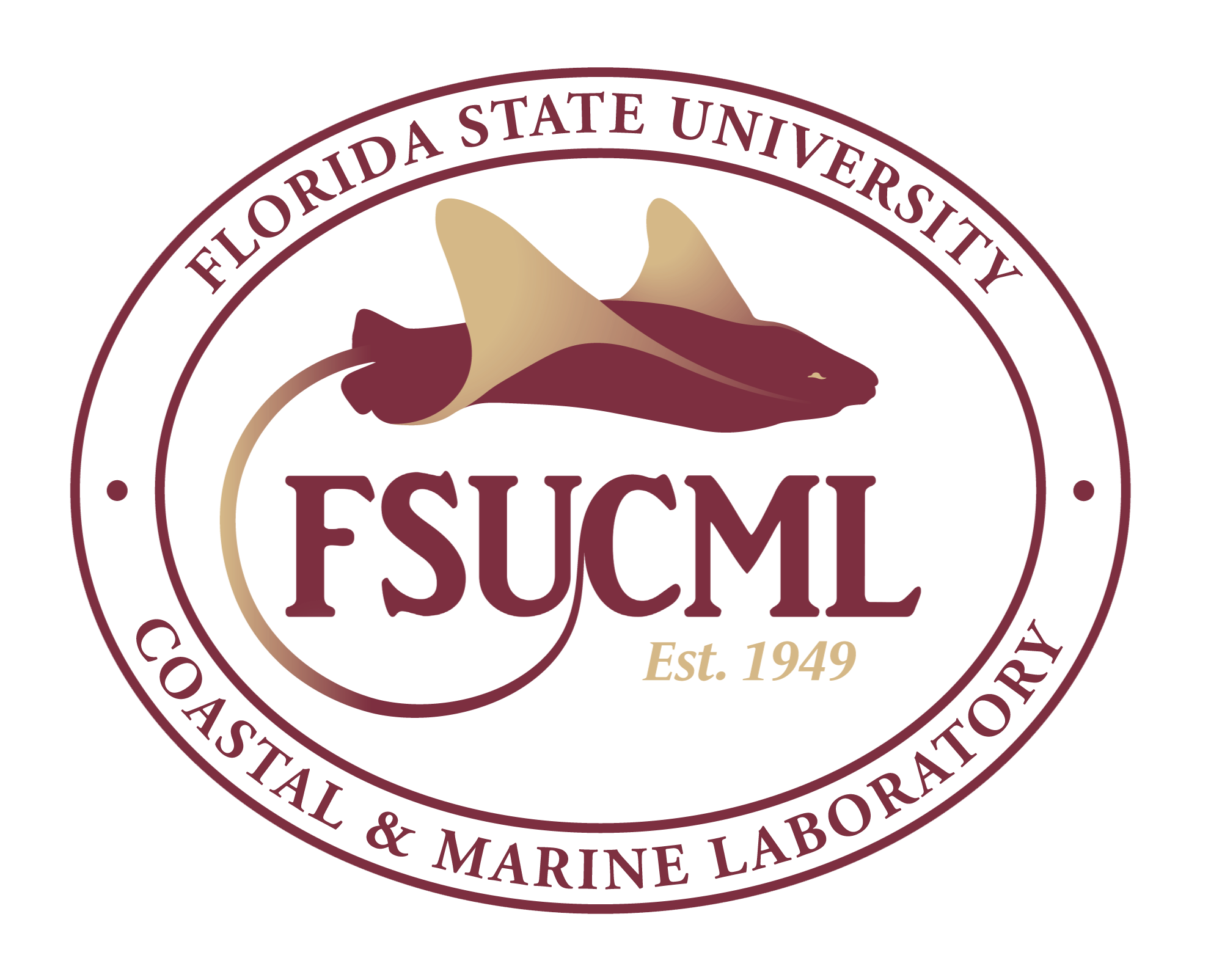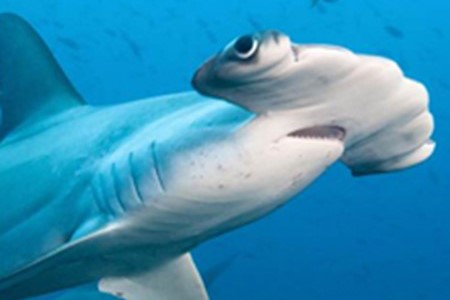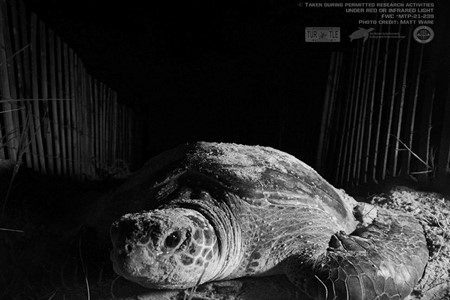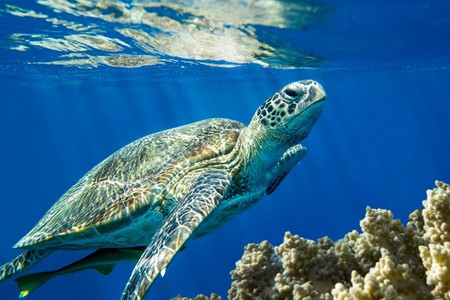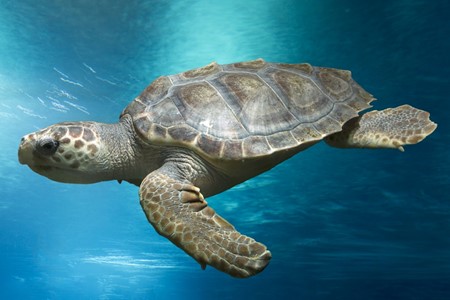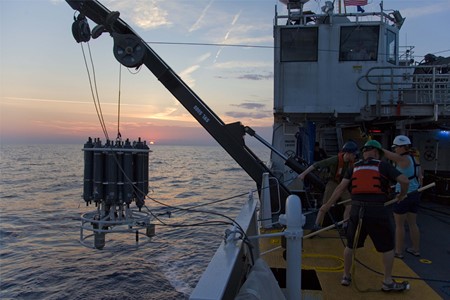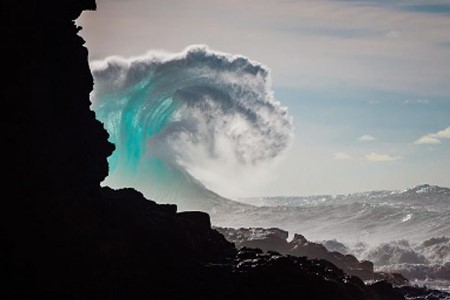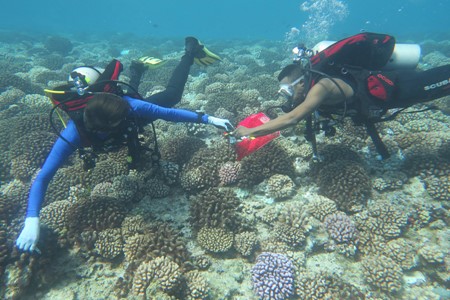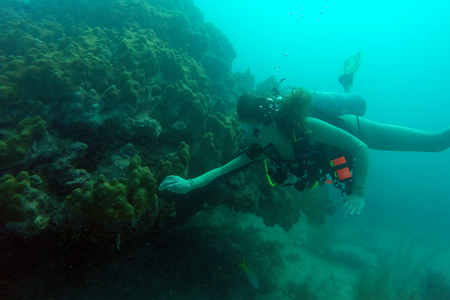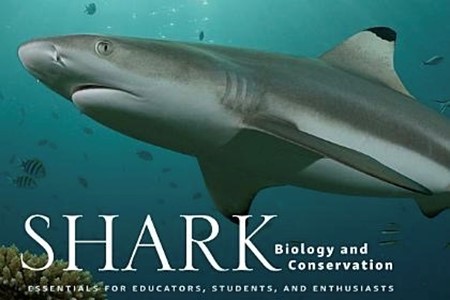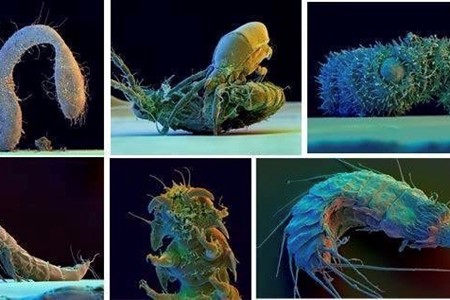Dr. Grubbs and Dr. Abel's book, "Shark Biology and Conservation" has rave reviews! Check out the awesome write-up on their book on pages 70 - 74 in "Shark News" - a publication put out by IUCN Shark Specialist Group.
Alligator Point sees record low sea turtle nests this season
Researchers at FSU say fluctuations in nesting activity is common and it’s more important to look at the trend over multiple years rather than data from just one season. “The nest numbers this year are low, but on average the last ten years, the nest numbers have been increasing, from what FWC has been showing us. So that’s really a reflection of the effective conservation measures that have been put in place over the last several decades.” Dr. Matthew Ware, a Florida State University Marine Turtle Research, Ecology, and Conservation researcher, stated.

